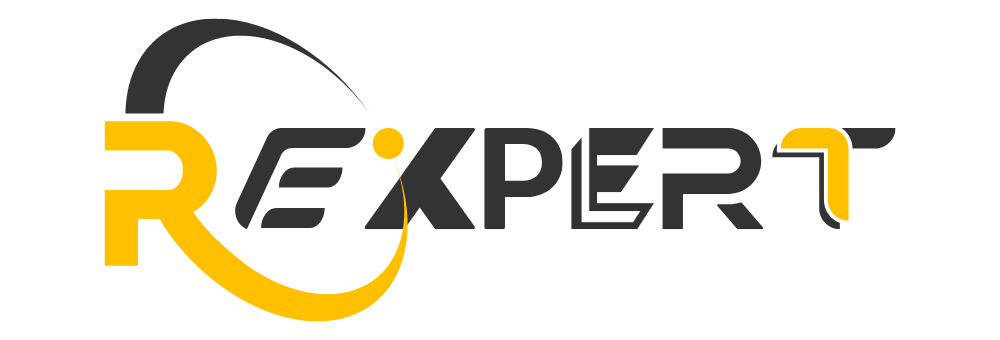Introduction
Search Engine Optimization (SEO) has come a long way since its inception, evolving into a complex and dynamic field. In recent years, the integration of Artificial Intelligence (AI) has transformed the landscape of SEO. AI-powered tools and algorithms are now revolutionizing how websites are ranked, keywords are chosen, and content is optimized. To shed light on the subject, we’ve gathered insights from top SEO experts who reveal the significance of AI in modern-day SEO strategies.
1. Understanding AI’s Impact on SEO
A renowned SEO strategist, “AI is reshaping the SEO industry by providing data-driven insights and analysis that were unimaginable a few years ago.” AI algorithms can process vast amounts of data and identify patterns, allowing SEO professionals to uncover hidden opportunities and potential pitfalls. This results in more precise optimization strategies that enhance a website’s visibility and organic traffic.
2. Personalized Search Results
AI algorithms have revolutionized how search engines deliver results to users. Sarah Johnson, a leading SEO consultant, explains, “AI enables search engines to understand user intent better, leading to personalized search results tailored to each individual.” This personalized approach means that SEO experts must optimize content for specific user segments, focusing on relevance and user experience.
3. Voice Search Optimization
The rise of voice-activated assistants like Siri and Alexa has changed the way people search for information online. AI-driven Natural Language Processing (NLP) allows search engines to comprehend conversational queries more accurately.
An AI, and SEO enthusiast, comments, “To adapt to voice search, websites need to optimize for long-tail keywords and provide direct answers to common questions.”
4. Content Creation and Optimization
AI-powered content creation tools are gaining popularity, enabling marketers to generate content at scale. A content strategist, emphasizes, “While AI-generated content can be a time-saver, maintaining high-quality standards is crucial. Human oversight is essential to ensure the content aligns with the brand’s voice and resonates with the target audience.”
5. Rank Tracking and Analysis
Rank-tracking tools that leverage AI can provide SEO experts with real-time data and insights into search engine rankings. “AI algorithms analyze ranking fluctuations and identify potential causes, aiding in quick decision-making and proactive SEO strategies,” s A leading SEO analyst.
6. User Experience Optimization
User experience is a significant factor in SEO rankings, and AI plays a pivotal role in optimizing it. AI algorithms can analyze user behavior, such as click-through rates, bounce rates, and time spent on a page, to determine the overall user experience.
A UX-focused SEO specialist, says, “Improving user experience not only enhances SEO but also leads to increased engagement and conversion rates.”
7. Automated Technical SEO Audits
AI-driven tools can conduct technical SEO audits with speed and precision. “These tools can crawl websites to identify technical issues, such as broken links, duplicate content, and page load times, allowing SEO experts to address problems promptly,” explains Michael Adams, an SEO automation expert.
Conclusion
The integration of AI in SEO has revolutionized how websites are optimized for search engines. From personalized search results to voice search optimization and content creation, AI-driven tools and algorithms have become invaluable assets to SEO professionals. As the SEO landscape continues to evolve, staying updated with the latest AI advancements will be crucial for maintaining a competitive edge in the digital world. Embracing AI’s potential while ensuring human oversight will be the key to success in the ever-changing realm of SEO.
FAQs
AI plays a crucial role in SEO by revolutionizing how businesses optimize their online presence. AI-powered tools and algorithms can analyze vast amounts of data, identify trends, and predict user behavior. This enables marketers to make data-driven decisions, improve keyword targeting, personalize content, and enhance user experience, ultimately boosting website rankings and attracting more organic traffic.
AI-powered content generation tools can streamline the process of creating high-quality, SEO-friendly content. These tools analyze search trends and user intent, allowing marketers to produce relevant and engaging articles, blog posts, and product descriptions. By addressing user queries and providing valuable information, AI-generated content can help improve search engine rankings and increase organic visibility.
Yes, AI excels at keyword research and analysis. AI algorithms can analyze search patterns, competition, and user intent to identify the most relevant and high-traffic keywords for a particular niche. By incorporating these keywords strategically into website content and metadata, businesses can improve their chances of ranking higher in search engine results and attracting targeted traffic.
AI can enhance user experience by personalizing content and recommendations based on individual preferences and behaviors. By understanding user interactions, AI can optimize website layouts, navigation, and load times, leading to a smoother and more enjoyable user experience. Improved UX not only boosts user satisfaction but also positively impacts SEO, as search engines often prioritize websites that deliver a better overall experience to their users.
While AI offers tremendous benefits, there are a few challenges to consider. One concern is the potential over-reliance on AI-generated content, which may lack the human touch and genuine creativity. Additionally, AI algorithms need to be monitored to ensure they align with ethical and legal guidelines. Moreover, constant changes in search engine algorithms might affect the effectiveness of certain AI-driven tactics, making it essential for marketers to stay updated and adaptable.







